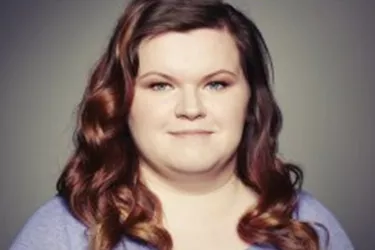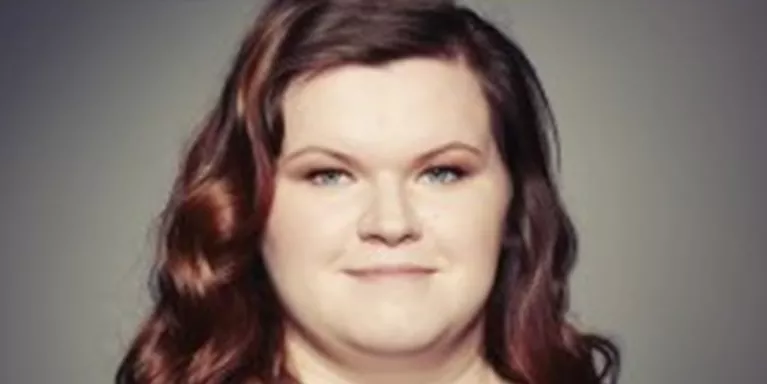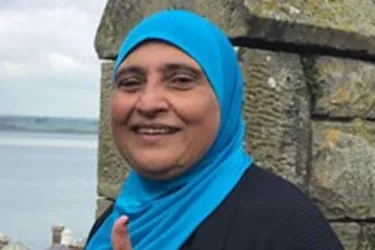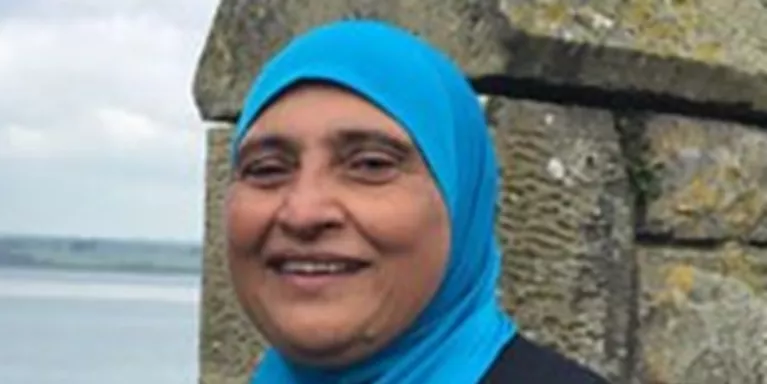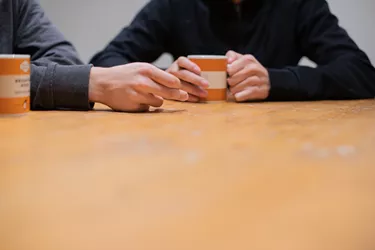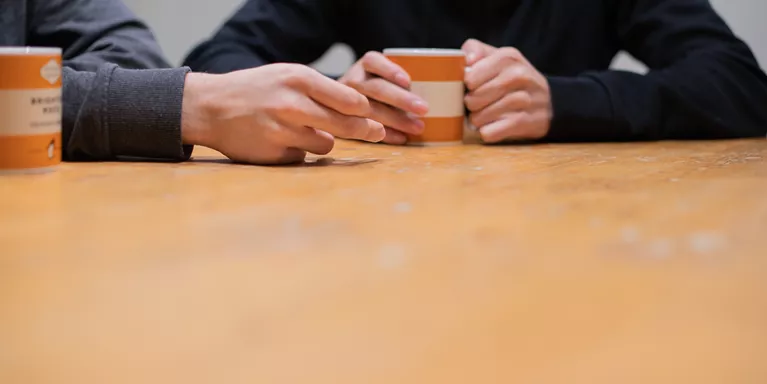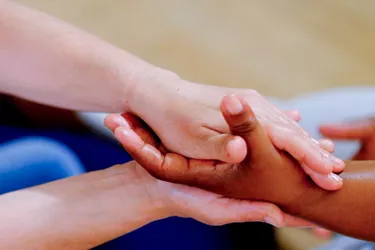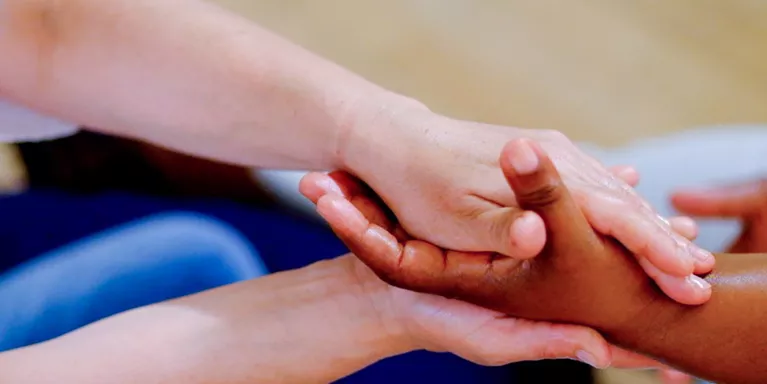The parent trap – and how I got out of it
Laura who has struggled with postnatal depression and a lifelong eating disorder, blogs about how helping other parents through a peer support group stopped her being Robo-Mum.
When I volunteered at my local support group for parents, I had lofty ambitions of ‘giving something back’. Finally feeling stronger after years of struggling with postnatal depression and a life-long battle with an eating disorder, I wanted to make sure others didn’t have to feel hopeless and alone, like I had. The support group wasn’t remotely what I thought it would be. It was better.I saw the old me again.
"The support group wasn’t remotely what I thought it would be. It was better. I saw the old me again."
Kneeling on the floor, putting a puzzle together wrong, I was keeping two boys occupied so their mum could enjoy a coffee and a chat over some mindful colouring. Throughout my depression that was something I fantasised about constantly – space away from my own two boys. Coming up for air. A release from their constant leaching, clawing need, even for a minute. It felt good to help their mum that day.
But in fact, entertaining the boys helped me to see a glimmer of myself again, the old me. With my own children I’d fuss around the kitchen concocting unnecessarily elaborate bakes, I’d drive for miles to dingy soft play areas in remote industrial estates ('The journey itself should take up at least half the morning’) or busy myself with yet another laundry load of sodden dribble bibs, all to avoid ever having to actually ‘play’ with my children.
"Depression had gradually burnt away the ‘play’ in me. I’d become Robo-Mum, dead behind the eyes, going through the motions."
Depression had gradually burnt away the ‘play’ in me. I’d become Robo-Mum, dead behind the eyes, going through the motions. If the ‘making a tent’ game went wrong I got frustrated and would storm off in a rage, as if to say 'I’m not playing with you anymore'. And if it went right and the boys enjoyed it I felt overwhelmed and full of dread... “Again mummy, again”
I couldn’t even pretend anymore, so instead I found ways to keep busy, and I opted out of play. But quietly playing with someone else’s children that day was like an out-of-body-experience, with none of the same pressures and expectations. Look at me, zooming the car along. The boys and their mum helped me to realise the old me hasn’t yet been completely defeated by Robo-Mum. I’m still here. I can like myself, occasionally.
"I’m still here. I can like myself, occasionally."
I feel proud that our little group has grown, that parents share things they don’t share elsewhere, like “I threw his school books across the room in a rage.” They trust us with their feelings. I bake biscuits, I cuddle babies, I listen, I make cups of tea. These are small, simple things I can manage, to show people I care. Because now I really do.
When I was unwell I was just trying to hold on, just trying to get through until bedtime without suffocating in the inane toddler chat and the wee on the sofa and the grinding guilt. I’d discreetly brush my children’s hands off my knee when I couldn’t stand to be touched, I’d arrive moody and late at the school gates to avoid being overwhelmed by the noise and the crowds. I once ripped an entire loaf of bread to pieces in a hysterical rage because my son wouldn’t stop asking for snacks. This was not me. With my group though, it turns out that I am in fact, still nurturing. I’m still a friend and a mother, and I still care.
"So even when we’re not together, the group is like a protective blanket I can conjure up when the world gets too painful."
The support doesn't end when we go home. There are times when I’m still vulnerable - overwhelmed and teary and having to leave playgroup before we’d even got through the door. Times when the soft play centre staff member told my son off one afternoon for biting his brother ('He was excited. He didn’t mean it like that,' I said) and I felt victimised, raw and alone. But just thinking about my group brought me comfort. Like they were right there with me. I knew they’d reassure with stories of their own, they’d understand and would be the voice of reason I could believe in. My own voice of reason is ‘lazy’ and ‘careless’. So even when we’re not together, the group is like a protective blanket I can conjure up when the world gets too painful.
From the outside the group looks entirely what I’d expected – prams lined up against the wall, mums bouncing babies and negotiating cups of coffee, activity mats and baby bouncers sprawled across the carpet. But afterwards I come home and hold my children to me a little tighter. I remember the much darker times and how I felt back then, and I consider that day by day, despite my blackest thoughts, we do in fact appear to be ‘getting through it’. And perhaps that’s the biggest surprise of all.


Information and support
When you’re living with a mental health problem, or supporting someone who is, having access to the right information - about a condition, treatment options, or practical issues - is vital. Visit our information pages to find out more.
Share your story with others
Blogs and stories can show that people with mental health problems are cared about, understood and listened to. We can use it to challenge the status quo and change attitudes.










